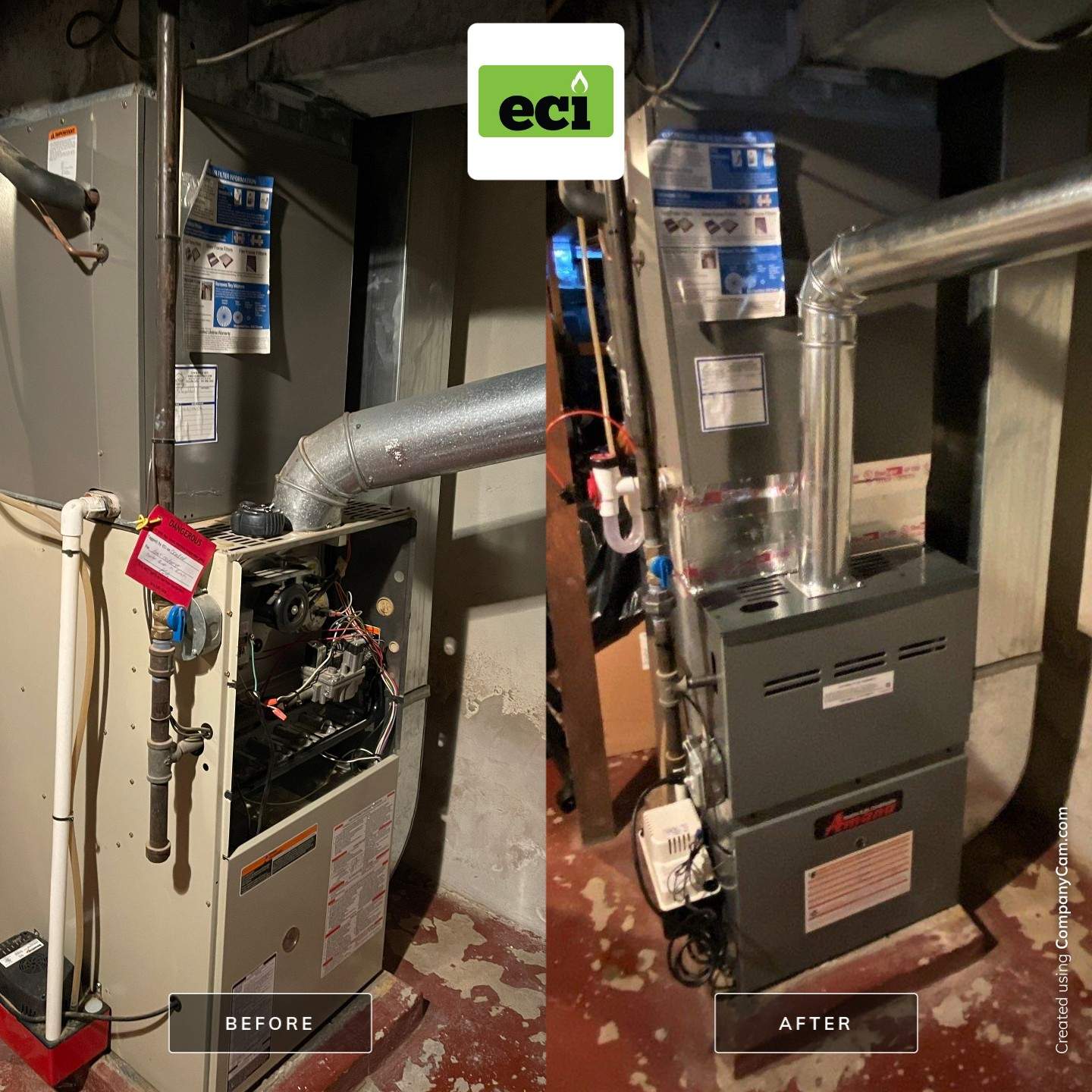There are many certainties in life and a heating bill in the cold wintry months is one of them, but a higher than usual bill is not planned or welcomed. Luckily, with a proper diagnosis of the issue, it can be easy to fix and get back on track with your winter regularities and hopefully some savings.
Here are six reasons your heating bill could be increasing and how to prevent this from continuing to occur.
Your Home Has Poor Insulation
Poor or damaged insulation in your attic or walls could definitely be a reason your home may not be retaining your desired temperature. If you notice that your heater is running constantly but not keeping to temperature, it may be time to check these areas. If your home is not getting warm enough, the response will be to raise the temperature which will increase your bills as a result. It could be as simple as adding more insulation to lighter spots or calling a professional and having them install a better grade of insulation.
You Have An Old or Inefficient Furnace
The average lifespan of a furnace is 15-20 years. If your system is substantially older than that, it may be time to replace the whole thing, especially if it is not running efficiently and many repairs have been made. Check the age of your heating unit by looking for a sticker with the model and serial number on the exterior.
While installing a new furnace (or any new HVAC unit) may be a high upfront cost. the updated model and increased efficiency will definitely save you money on heating bills over time. Below is an Amana furnace installation we recently did for one of our customers.
You Have Poorly Sealed Windows and Doors
Another way that you could be throwing money out the window -- literally -- is by losing heat through your windows and doors. Those cracks or gaps are energy-wasting and are easy to plug after a trip to your local home improvement store. Try covering your windows in plastic wrap and sealing any holes around the frame with minimal expanding foam. Inspect your doors and try installing a door sweep on an exterior door to block cold air from entering or maybe updating the weather stripping on the door jambs. 

You Don't Schedule Yearly Maintenance
A great way to help extend the life of your furnace a little longer than average is to have it tuned-up yearly. A properly running unit will ensure its functioning at maximum efficiency and potentially save you from any unexpected headaches down the road. Without tune-ups, your heater may have unknown issues that cause higher heating bills.
A good recommendation to have this done is before the first cold nights of late fall. Some points that your technician will go over on their checklist are changing the filter, vacuuming and inspecting the burners, and checking the static pressure of the ductwork. Yearly tune-ups are good for any type of HVAC system, including boilers, heat pumps, ductless splits, and air conditioners.
You Set Your Thermostat too High
According to the Energy Department, you can save up to 10 percent a year on your heating and cooling bills by lowering the thermostat seven to 10 degrees for an eight-hour period of the day. For example, set your thermostat to 68 degrees during the day and a lower temperature at night while you sleep, and you will notice an overall drop in your heating bill. The idea is that if your home is set at a lower temperature, your system won’t have to work as hard to keep up with the outdoor conditions, as compared to running it at a higher temperature.
You Use a Non-Programmable Thermostat
A programmable thermostat is a great way to automatically keep track of and set your preferences. They can have multiple settings and help increase the comfort level of your family. Programming your preferences will ensure that your heater doesn't run when it doesn't need to. This small upgrade can help reduce the stress involved with having an older, inefficient system. Some can be tricky to get the hang of, but your HVAC technician can walk you through the settings and learning curves. You can even opt for a smart thermostat, which will allow for even more customization and energy savings.
The heating unit in your home is the core of comfort for your family in winter, so taking some easy steps to ensure you maintain that level is critical. Hopefully, these few little checks and upgrades are helpful if you are hoping for some big savings in your home's heating bills.
If you live in the Delaware Valley/Greater Philadelphia area and would like to find comfort within your home, visit our website or give us a call at 215 - 245 - 3200 to learn more.





